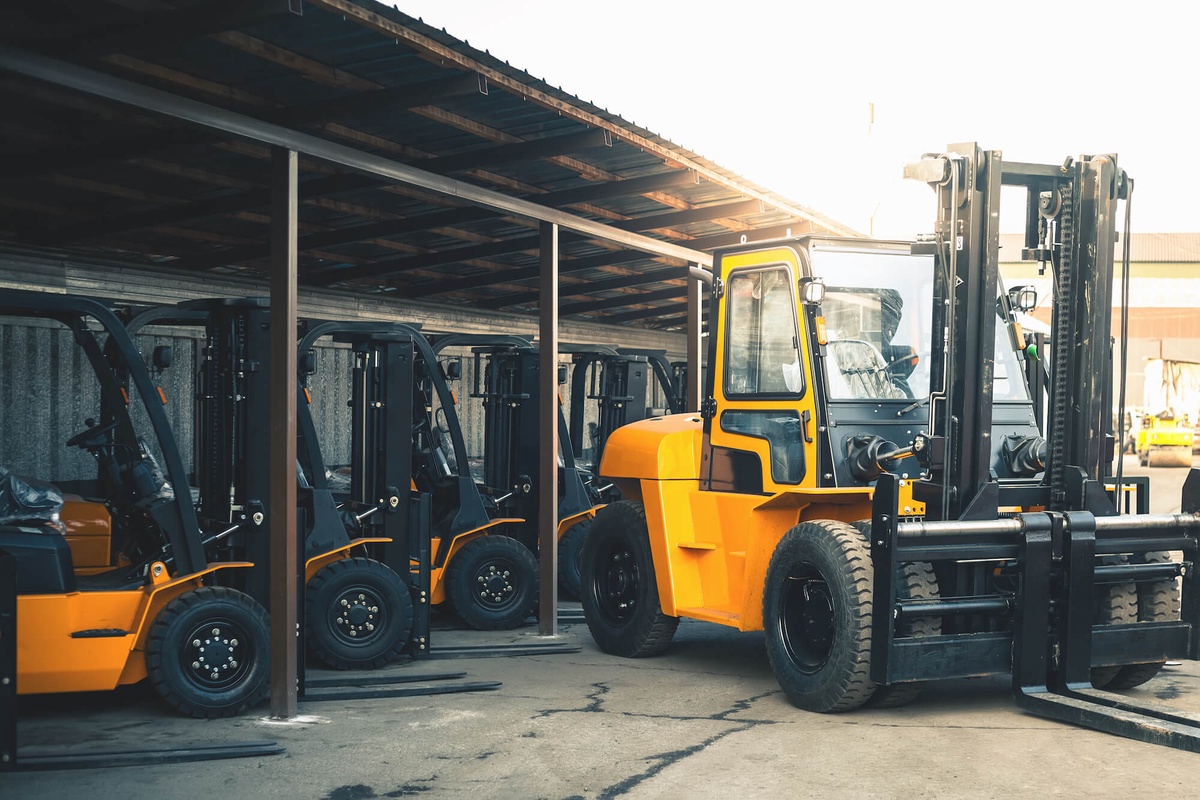Forklifts are indispensable in various industries for material handling tasks. However, operating them requires specific skills and knowledge to ensure safety and efficiency. Forklift training courses are designed to equip operators with these essential skills. In this article, we'll delve into the fundamental skills covered in forklift training courses, highlighting their importance in mastering the basics of forklift operation.
Understanding the Importance of Forklift Training Courses:
Before we explore the essential skills covered in forklift training courses, it's crucial to understand why such training is essential. Forklifts can be hazardous when operated incorrectly, posing risks to operators, bystanders, and the workplace environment. Forklift training courses provide operators with the necessary knowledge and skills to operate forklifts safely, reducing the risk of accidents and ensuring compliance with health and safety regulations.
Key Skills Covered in Forklift Training Courses:
Forklift training courses cover a range of essential skills to prepare operators for safe and efficient forklift operations. Some of the key skills covered include:
Forklift Operation Basics:
Understanding the components and controls of a forklift.
Starting, stopping, and maneuvering the forklift safely.
Operating the forklift in various conditions, such as on inclines or uneven surfaces.
Load Handling Techniques:
Assessing load weights and dimensions.
Properly positioning the forklift for loading and unloading.
Securing loads using appropriate methods, such as pallets, straps, or chains.
Safety Procedures and Regulations:
Understanding relevant health and safety regulations and standards.
Conducting pre-operational checks and inspections.
Identifying and mitigating potential hazards in the workplace.
Hazard Awareness and Avoidance:
Recognizing common hazards in the workplace, such as pedestrians, other vehicles, and obstacles.
Developing strategies to avoid accidents and collisions.
Maintaining situational awareness while operating the forklift.
Equipment Maintenance and Inspection:
Performing routine maintenance tasks, such as checking fluid levels and tire pressure.
Conducting regular inspections of the forklift for signs of wear or damage.
Reporting maintenance issues and defects to the appropriate personnel.
Emergency Procedures:
Responding to emergencies, such as spills, fires, or accidents.
Evacuating the forklift safely in the event of a malfunction or emergency.
Following established procedures for reporting emergencies and seeking assistance.
Communication Skills:
Effectively communicating with coworkers, supervisors, and other personnel.
Using hand signals or radios to coordinate movements and operations.
Understanding and adhering to established communication protocols in the workplace.
Environmental Considerations:
Adapting to different environmental conditions, such as weather or lighting.
Understanding how environmental factors can impact forklift operation and safety.
Taking appropriate precautions to mitigate risks associated with environmental conditions.
Final Thoughts:
Mastering the basics of forklift operation requires acquiring a range of essential skills, all of which are covered in forklift training courses. By gaining proficiency in forklift operation basics, operators can ensure the safe and efficient handling of materials in various workplace environments. Forklift training courses play a crucial role in equipping operators with the knowledge and skills they need to perform their duties effectively while prioritizing safety.


No comments yet